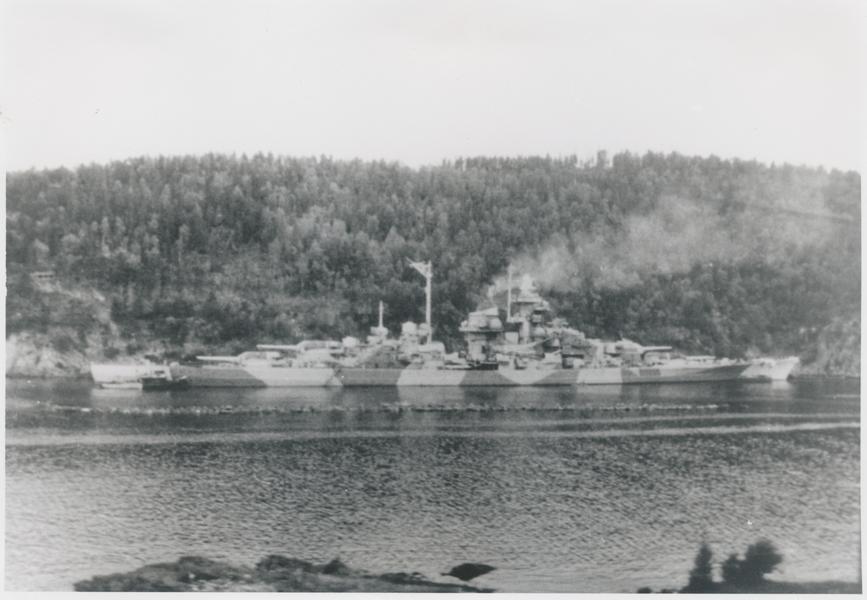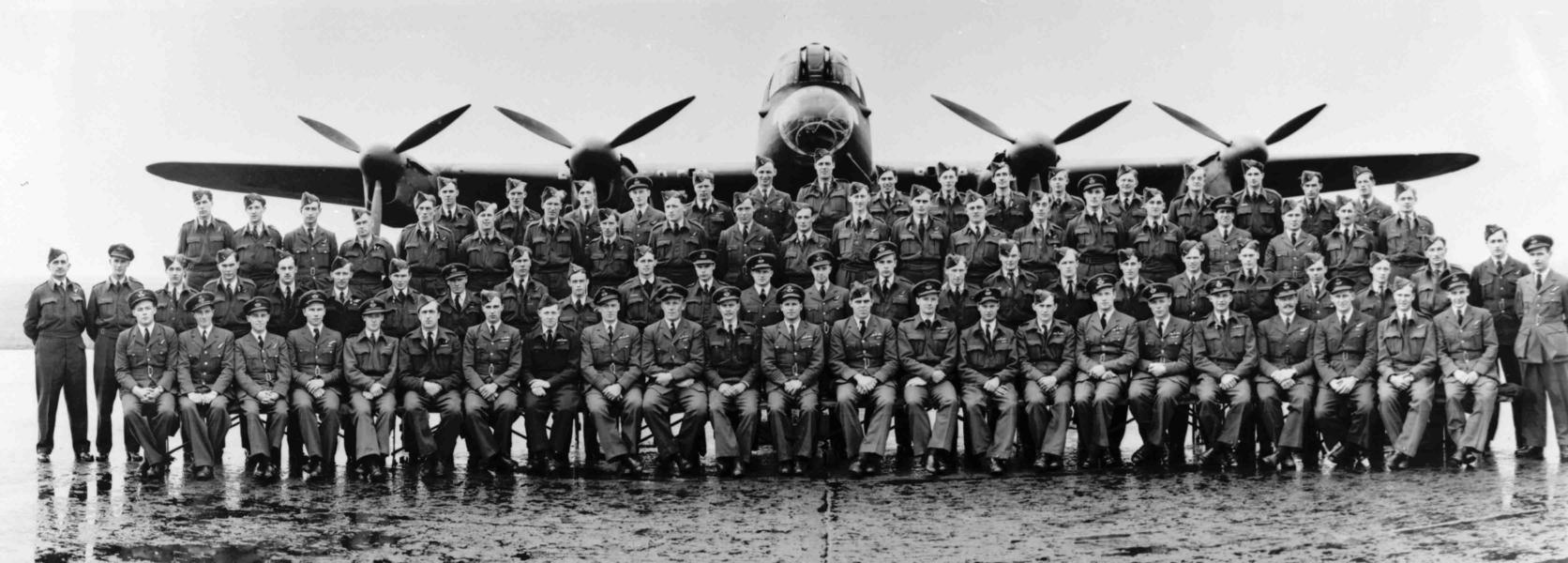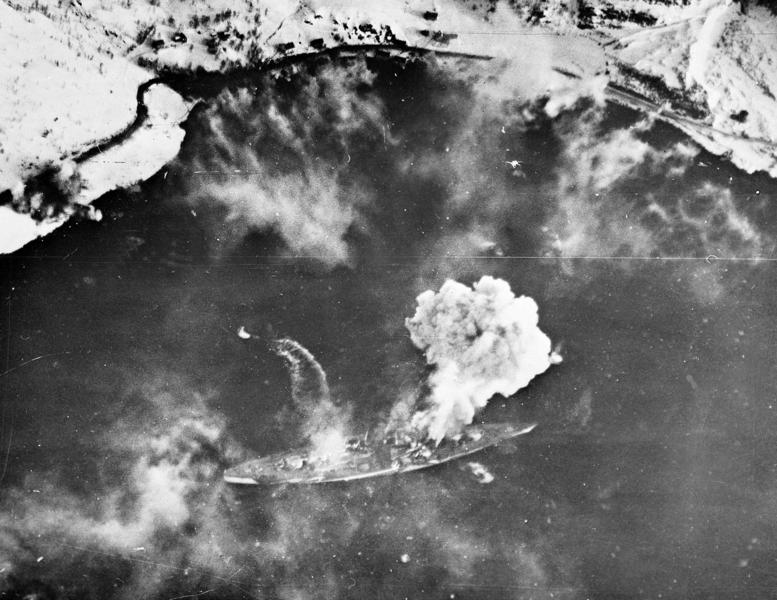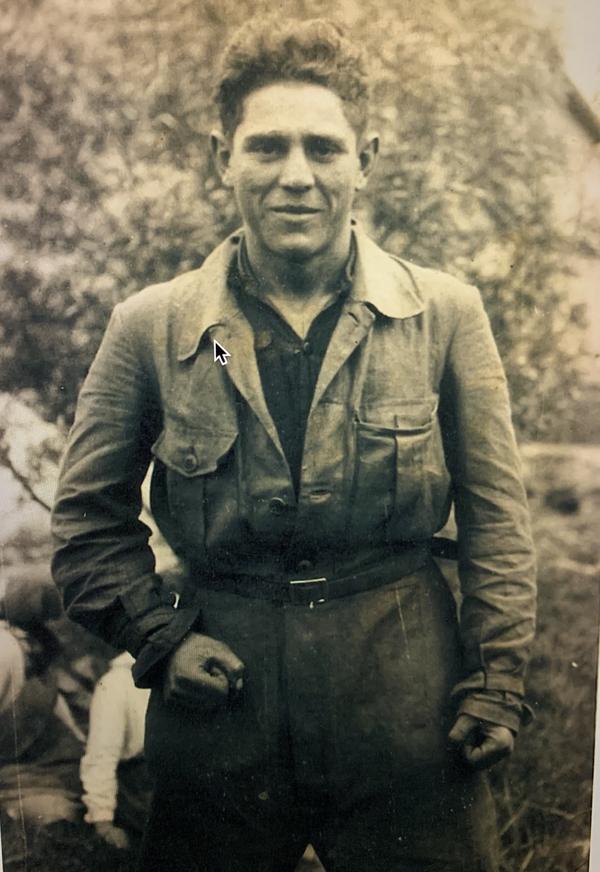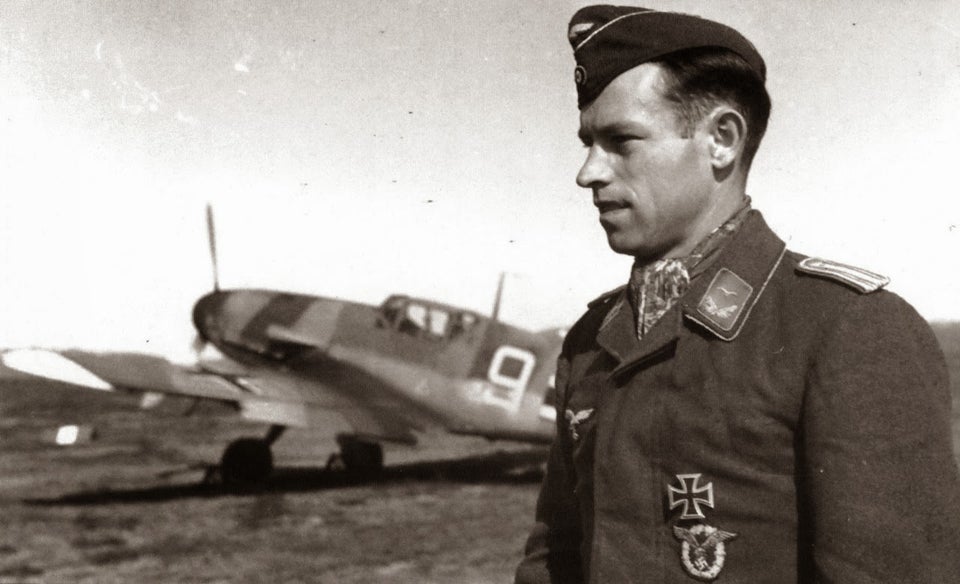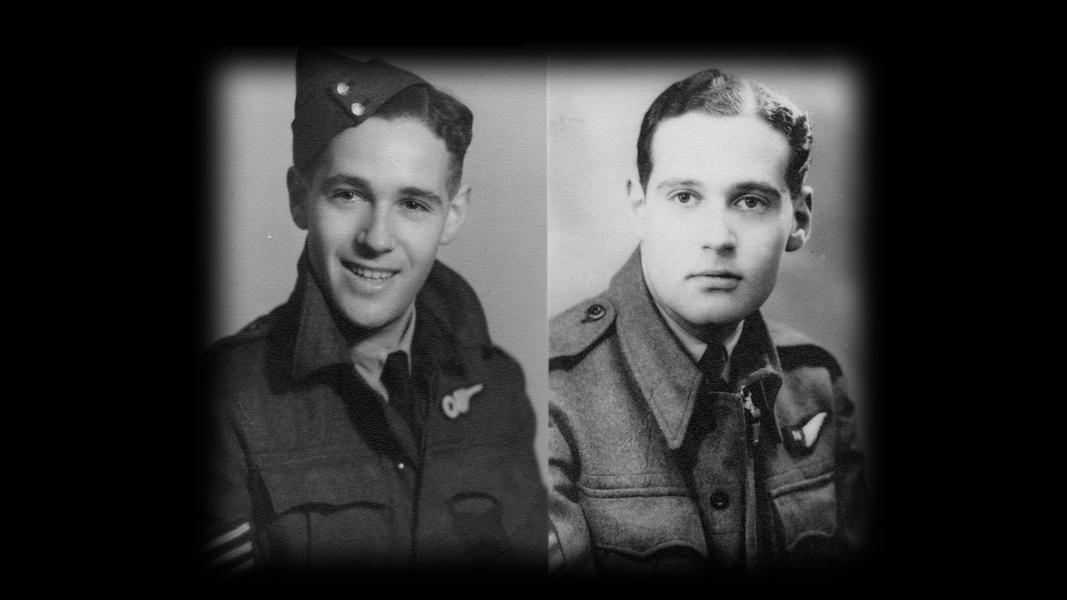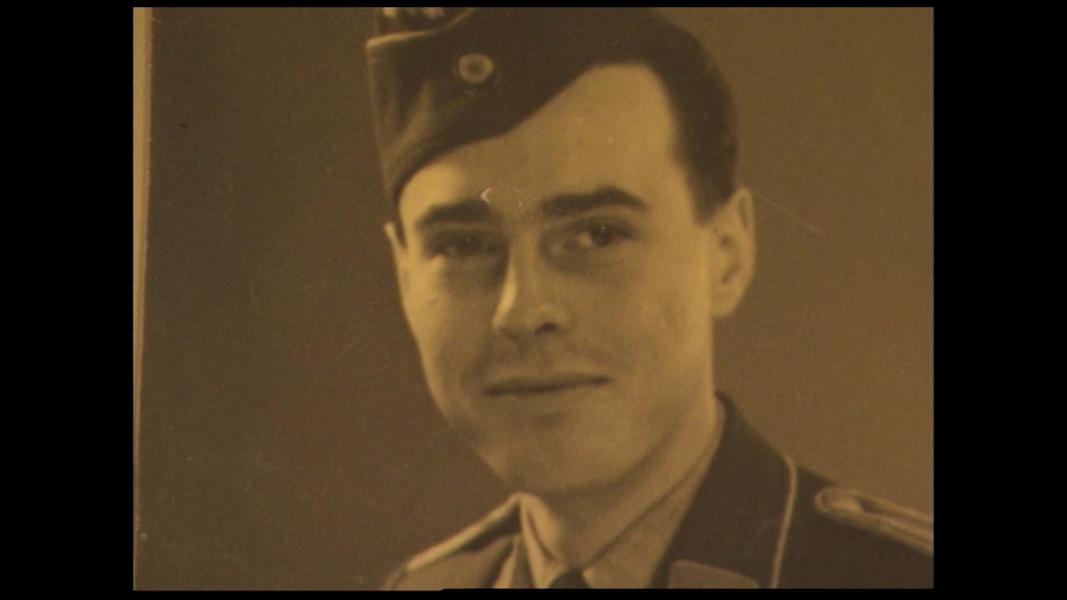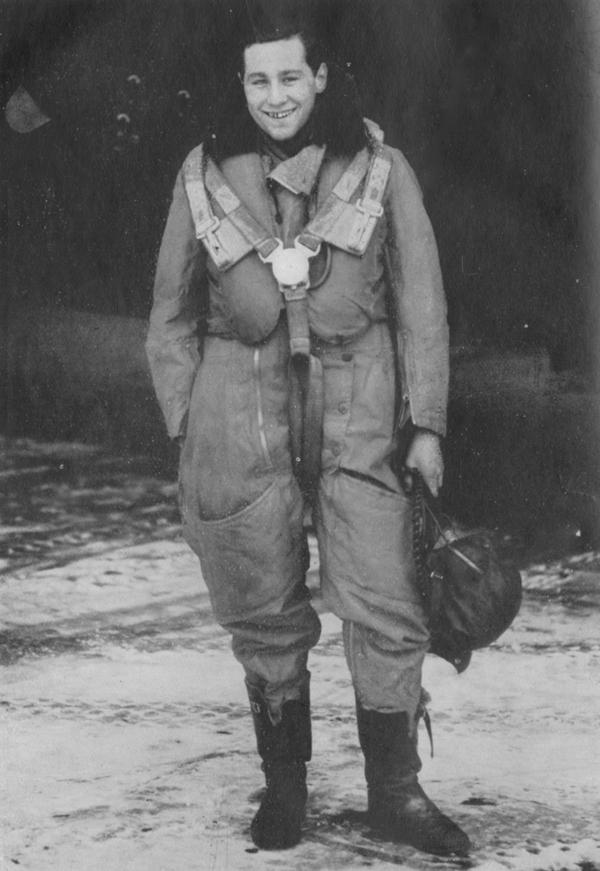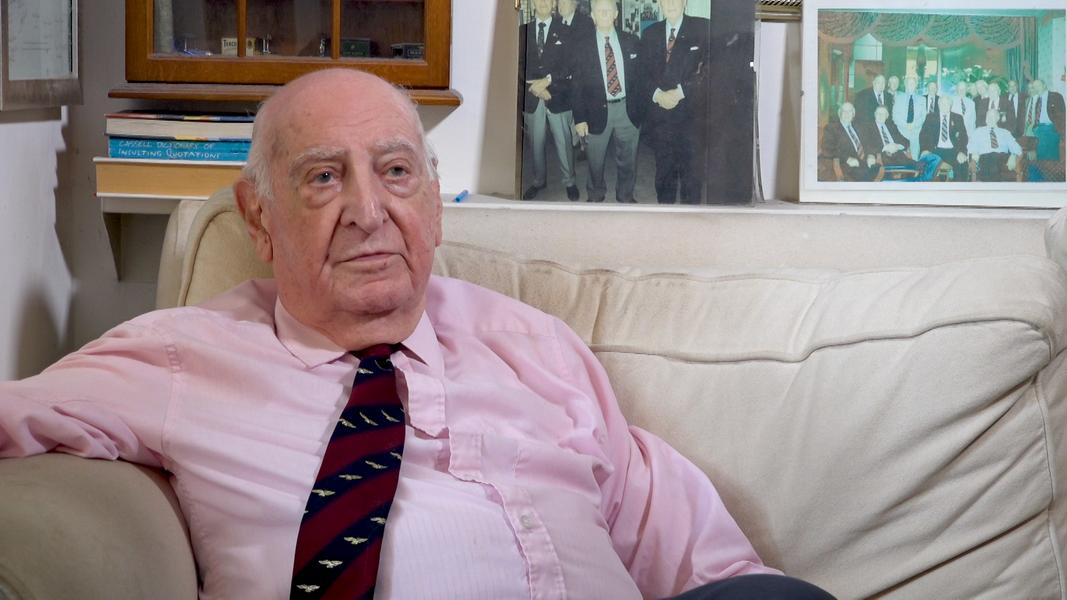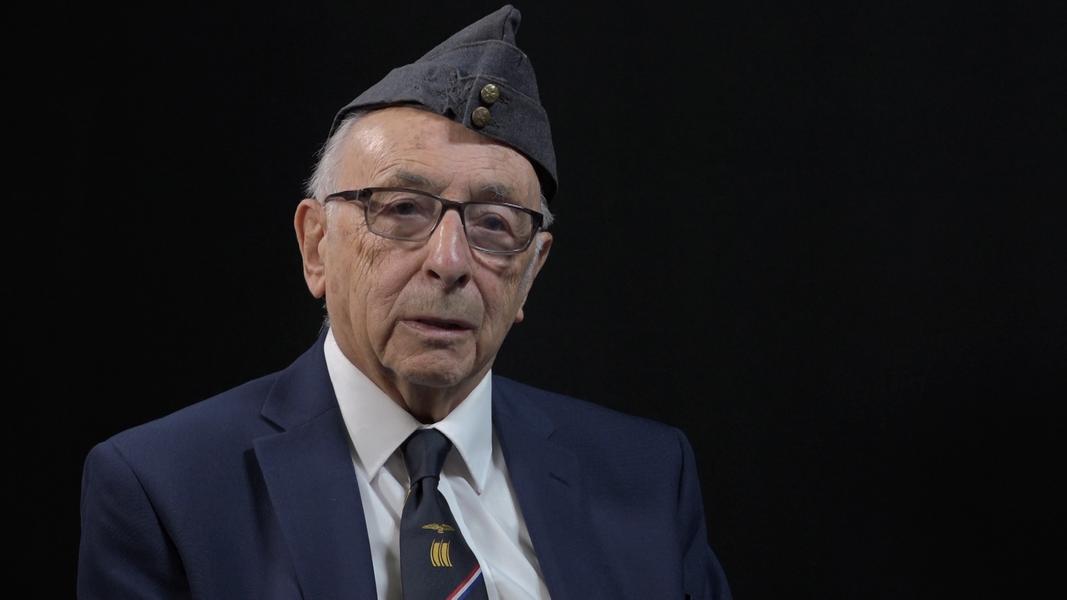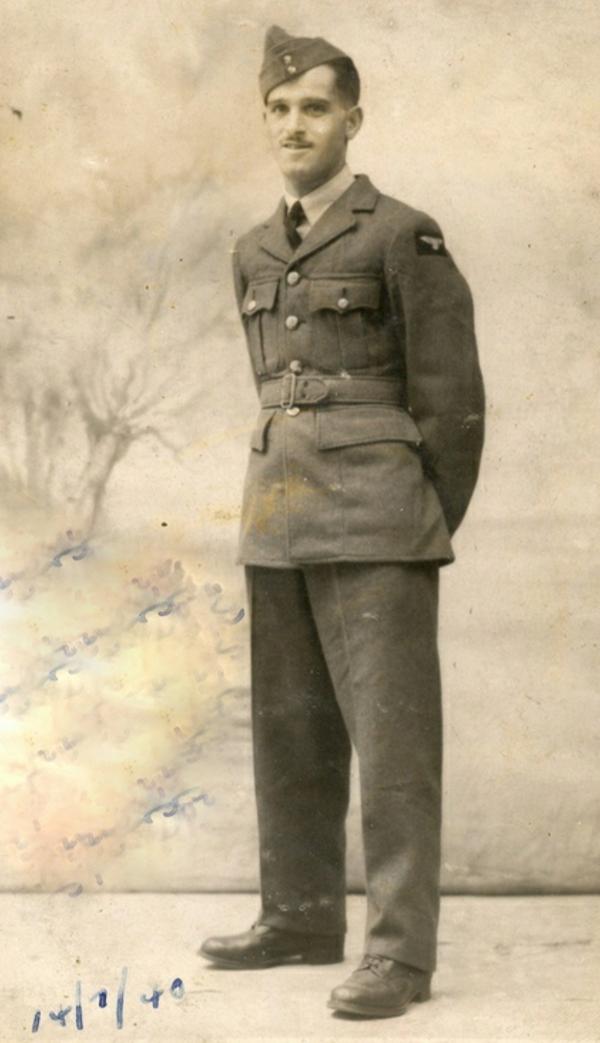from our point of view, awesome reputation
because it represented as one ship only
an enormous threat to the whole Atlantic.
Now, the Atlantic is where,
it was through the Atlantic that Britain lived.
Without supplies from the United States
whether it was food or ammunition or tanks
or airplanes, we wouldn't have been able
to continue with the war
or with enormous difficulty.
They were the bread basket
and the supplier of pretty well everything we needed.
Shipped over planes and they shipped over food
and of course, they shipped over troops in the end
but the Tirpitz,
for about two years they'd been trying to,
Eisenhower and Churchill had been trying
to work out how to sink the Tirpitz
'cause the Bismarck had already gone.
And they could find their way
and of course, when it was hiding in the fields,
it was in trouble, when we went after it.
It was out of range really of
and it was pretty well impregnable.
Or it was thought to be
and I'm sure that the German high command thought it was
and Eisenhower and Churchill decided between them
that it had to be sunk
because of the threat it was.
It was holding up ships,
battleships and naval ships
just in case it came out.
It was that much of a threat.
It was so powerful,
it was, I suppose, the most powerful ship
in the world at the time, I suppose.
I can't underline that
because I'm not sure but it was certainly one
of the most powerful, if not the most powerful.
So they put it at the top of the agenda
and the story is that they sent
for Air Chief Marshal Arthur Harris
and said you will have to sink this ship
or words to that effect
and he's supposed to have answered,
"We'll do it in our spare time"
but I don't know how true that is.
But certainly he was, a bombing commander,
one would think was far too busy
to concentrate on just this one ship
that seemed impregnable.
